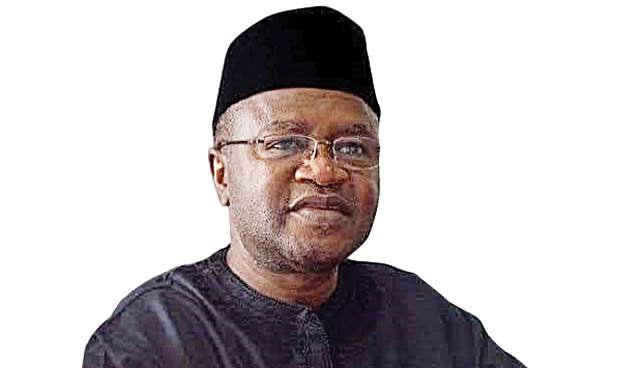African Democratic Congress (ADC) member Ladan Salihu has delivered a harsh assessment of the Independent National Electoral Commission (INEC), questioning the institution’s readiness for electoral reform and alleging systematic manipulation of results.
During an interview on Arise TV, Salihu expressed profound skepticism about INEC’s capacity for change, drawing parallels between recent electoral conduct and historical patterns.
“I think INEC as an institution has proved to Nigerians beyond any reasonable doubt, beyond any iota of doubt that they are not ready. They are not ready to change. A leopard does not change its spots,” Salihu stated emphatically.
The ADC member suggested that without significant personnel changes, electoral issues would persist. “What played out in 2023 played out last Saturday, will play out again in 2027 if you have the same set of people, the same kind of contraption and the individuals, you know, from top to bottom – I mean in the leadership of INEC,” he warned.
Salihu then shared what he described as a personal experience to illustrate his concerns about INEC’s conduct. “Look, let me say this – it’s a bit personal but let me share it with you. In 2016 I was privileged to contest, you know, a by-election of a similar nature in Bauchi for the Senate, replacing, you know, the late Ali of blessed memory,” he recounted.
The political figure contrasted the handling of two simultaneous elections to highlight alleged irregularities. “On the same day we had an election in Doma. The results in Doma were pronounced by 11:45 p.m. My own election in Bauchi South senatorial district took 3 days,” Salihu revealed.
He then made serious allegations about vote manipulation during his senatorial bid. “The reason was simple because the state, the establishment, INEC had to work over a period of 3 days to cancel 83,000 votes of mine to declare an APC candidate a winner. 83,000 votes,” Salihu claimed.
The ADC member provided specific details about the alleged manipulation process. “They were mining votes from one local government to the other until they got to a number that they felt was reasonable enough to justify their own incompetence and so they declared the winner – I mean the loser as the winner,” he concluded.
Salihu’s allegations add to ongoing debates about electoral integrity in Nigeria and raise questions about public confidence in the country’s electoral processes. His personal account represents one perspective in the broader discourse surrounding INEC’s performance and credibility.
Love Reading Authentic News Stories, Click The Button Below

